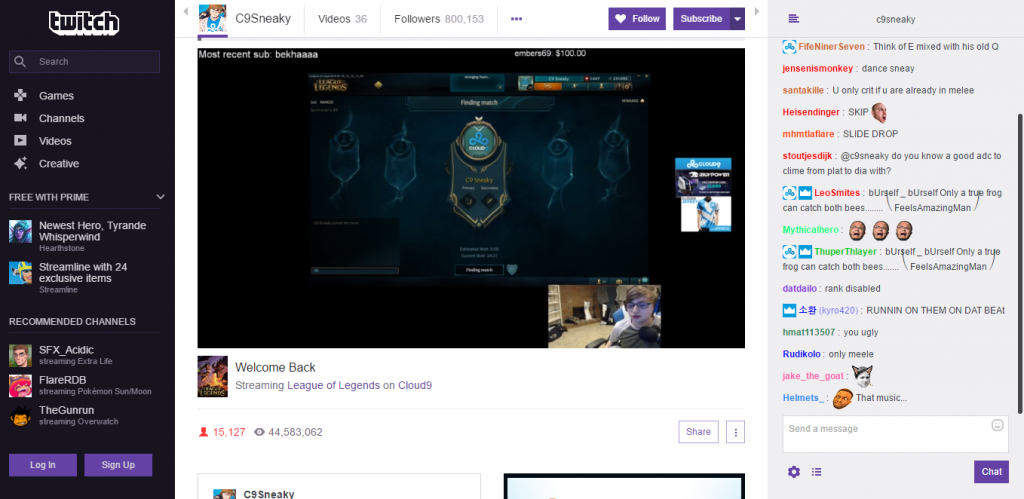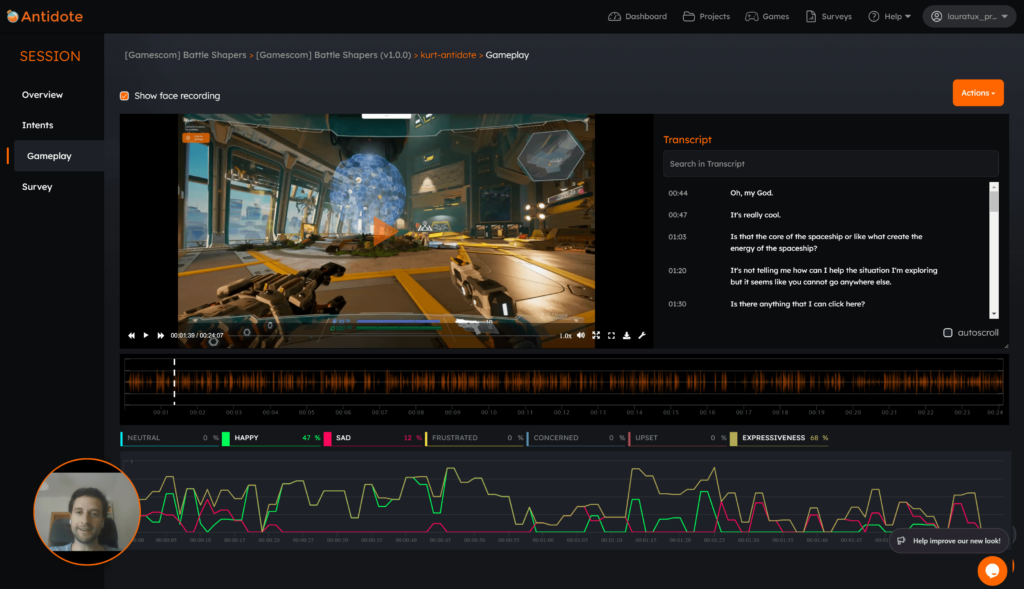The craze of recording and posting experiences has been around for a while now. It’s easy to find a viral video of a dog doing crazy tricks on one’s Facebook feed or coming across a random prank video on Youtube. But what’s the deal with livestreaming everything, especially with the video games streaming world right now, and why do we feel the need to broadcast?
In the past few years livestreaming video platforms like Twitch.tv, have skyrocketed in use, most popularly for livestreaming video games and esports (video game competitions).
It boggles me and many, as to why we like to spend hours sharing in real time to the public though. Recently, through the use of online questionnaires to broadcasters, and statistical analyses, studies have found the key motives.
A study done at Ludwig Maximilian University of Munich1, found that the main motives for broadcasting are monetary, enjoyment, self-expression, and knowledge sharing. A broadcaster able to gather a large audience can make large profits through ads, and in the best case scenario, she can even have a career from it. There are also enjoyment aspects as well as the want to share one’s knowledge and skills about the game, which influences whether and how often we livestream. Finally the want to become found and famous through livestreaming (self expression) serves as the last motivating factor.

However, in the same research the reasons for us to continue to broadcast were found a little different. It was seen that social capital, which is the idea that “relationships between individuals […] facilitate action and create value”2, was the main driving factor. Though the social interaction from livestreaming and having a shared vision with one’s viewers were both facets of social capital that kept broadcasters livestreaming, the strongest factor affecting the intention of broadcasters continuing to do that, was commitment. Broadcasters felt loyalty and care towards their audience and their fate, feeling at a loss without their livestream channel.

Further, a Twitch-focused study3 where streamers were interviewed, found that many streamers stream because they want to build a community where they can interact with people who share their same interests, as well as to have an impact and influence in their created community. These video games streaming communities can be a place where one can make friends, hang out, and enjoy lighthearted conversations. Streamers can also try to reach out and get to know their members, and give them various opportunities to participate and connect more.
So maybe video games streaming isn’t so unusual after all?
Not only is it a new form of communication, but we also get something out of it that we could not get from any other platform in the past. We get to share our knowledge, be a part of a community, and if we’re lucky, be able to make a living sharing with the world something we love to do.
I feel like streaming right now. 🙂
References:
2 Arregle, J. L., Hitt, M. A., Sirmon, D. G. and Very, P. (2007). The Development of Organizational Social Capital: Attributes of Family Firms. Journal of Management Studies, 44 (1), 73-95.
3 Hamilton, William A., Oliver Garretson, and Andruid Kerne. “Streaming on Twitch: Fostering Participatory Communities of Play within Live Mixed Media.” Proceedings of the 32nd Annual ACM Conference on Human Factors in Computing Systems – CHI ’14 (2014): n. pag. Web. 6 Oct. 2016.


